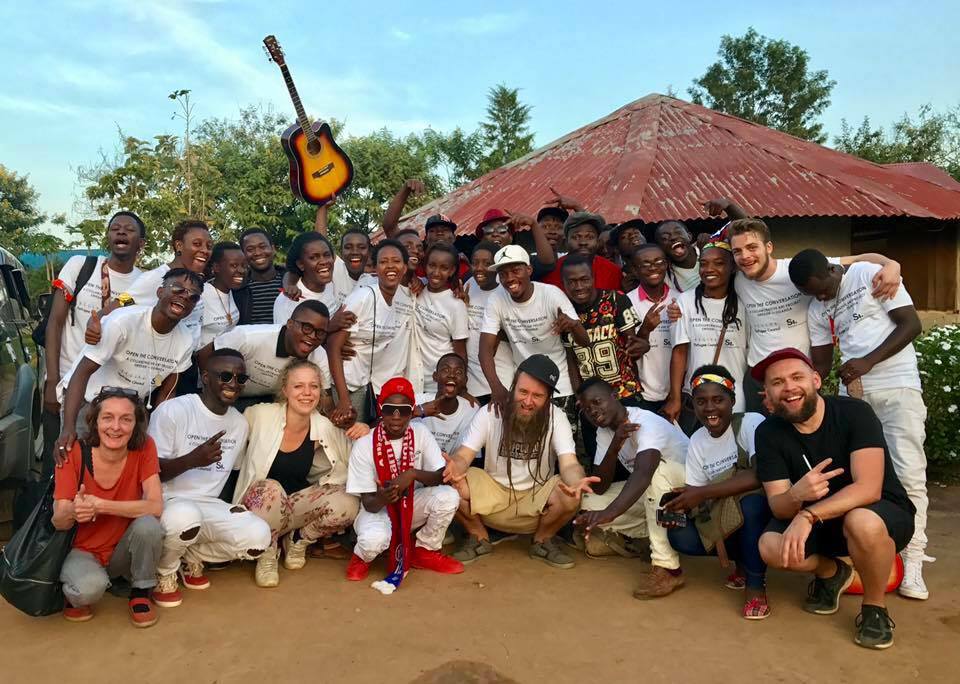Speak, Open The Conversation: report summary.
SPEAK, OPEN THE CONVERSATION
GENERAL PROJECT INFORMATION
| Item
|
Details | Remarks |
| Project Name | SPEAK YOUR MIND | Changed to ‘Speak, Open the conversation!’ |
| Project description | Pilot artistic oriented project aimed at facilitating and aiding a route for refugee youths to the creative economy of their host country, Uganda. | |
| Project objectives/Goals | Artistic empowerment | Main objective of the pilot was to test methodology. |
| Project activities | -Workshops in creating art, spoken word, movement, artistic e-marketing, performance.
-Productions |
A number of workshops and one production carried out in Nakivale refugee settlement.
Themes: Democracy, human rights and gender equality.
|
| Project Implementation period | 23rd Jan 2017 – 2nd Feb 2017
|
Limited to activities in Nakivale Refugee settlement. Excludes activities such as preparatory meetings and TOT. |
| Funding sources. | Swedish Institute, Regina Theatre Uppsala, FRC | |
| Additional project support. | Coca cola Sabco. | Provided tents and chairs during for the performance in Nakivale |
| Project Facilitating Organisations | Bonfire Uganda, Sophie Muwanika Institute for Social change, Regina theatre, Kitara Nation |
SELECTION PROCESS.
Out of more than 50 refugee youths that showed up for the selection process of the participants, 25 were selected. The open selection process adhered to principles of inclusion, consensus, gender equality, and ensured that majority of different nationalities in the refugee settlement were represented. However, the selection process did not tap into talent from the furthest areas from the base camp. We also noticed that young people of Somali descent were not present during the selection process.
- Gender Composition
Despite the efforts to have an evenly gender balanced group, there were slightly more males than females making up the final 25 participants. This accruing to the fact that males expressed more interest in the process than females. More corrective mechanisms are required to ensure equal participation of all genders.
TRAINING
The training lasted for two weeks minus the weekends. Worth observing is the fact that the young people drew on their differences (nationality, Language and others), their shared past experience, and present understanding of Nakivale as ‘home’ to learn, dialogue and work together in the course of the project. The result of which was a performance production at Nakivale base camp youth center.
The young people formed a performance group they called Naki one with a democratically gender sensitive elected leadership.
DEVIATION FROM PROJECT ACTIVITIES.
Bearing in mind the importance of a local audience in building the young peoples’ stage craft, we renovated a stage platform at the Youth center to act as a stage. We hope the young people will continue to use this platform to artistically dialogue, communicate and engage the Nakivale community.
BUDGETARY IMPLICATIONS
With the exception of platform/stage construction instead of a performance in Kampala, no other deviations from the agreed project activities or budget allocations were undertaken.
CHALLENGES
- A few ‘official’ issues beyond our control arose in the course of the project. We noticed that they were mostly occasioned by communication gaps within and/or among other organizations working within Nakivale settlement. It was all a worthy learning experience.
- The training facilitators were in some aspects ill equipped to work with young people in the context of a ‘refugee’. It will be crucial in future engagements to have the facilitators receive advance instructions and training of how to handle displaced young people.
- Miscommunication around expectations and remuneration in the initial stages presented a few disciplinary cases that threatened to derail the training exercise. In consultation with the refugee youth leadership and FRC, the situation was amicably but firmly handled.
WAY FORWARD
- For the next stage of the project, we shall take the ‘Naki one’ group into intense rehearsals in preparation for performances at different festivals. We are in contact with a number of festival organisers, for starters within Uganda to have the ‘Naki one’ perform at different platforms. Access to these platforms are important in building social and artistic networks.
- Namulondo Rashida, one of the facilitators and a director at the The Sophie Muwanika Institute of Art for change is part of the team which organizes the Schools theatre peace training camp and festival that took place at the National Theatre and Uganda Museum Kampala from the 7th- 14th May 2017. In consultation with the other facilitators, Rashida invited some young people from Naki One to participate in this event.
- We shall publish the young peoples’ work in a book form and do a performance tour showcasing their published work.
- We are exploring options for audio and video recording of material from the project.
- One of the artistic guests during the Nakivale production Performance-Mr. Phillip Luswata (Artistic Director at theatre Factory) is exploring options of filming a Tv series in Nakivale.
- Build a better structure to streamline organisation and coordination of future projects.


